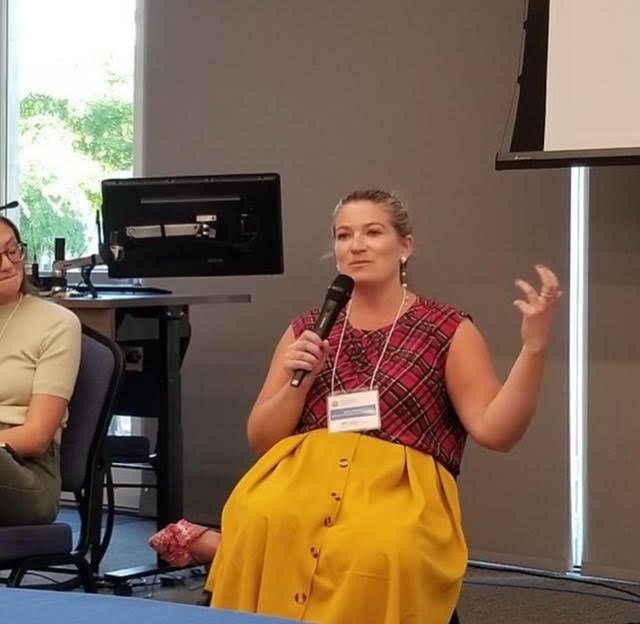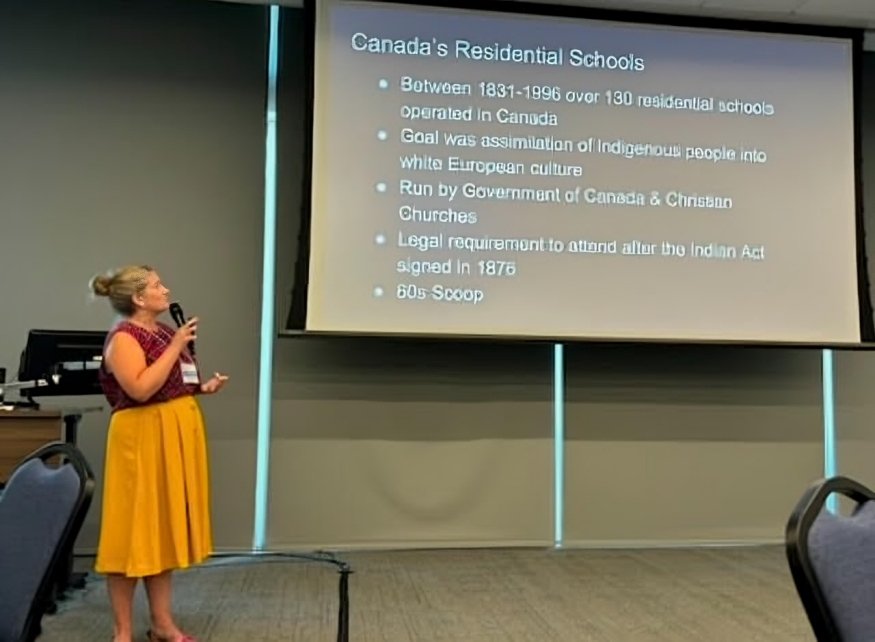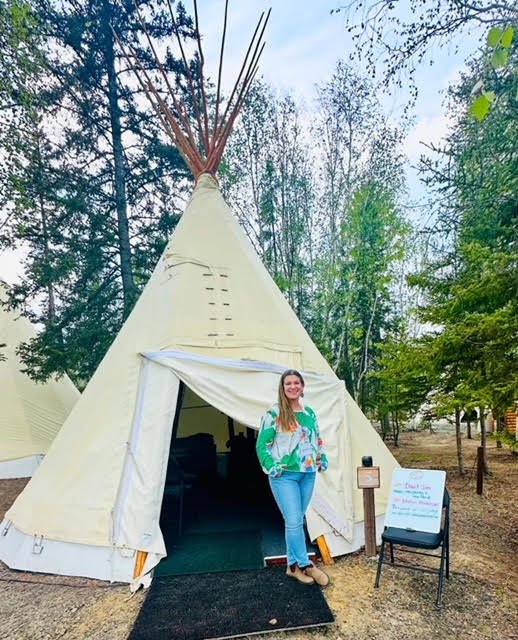Decolonizing Clinical Documentation and Related Language Praxis: Chart as Co-Created Narrative Guide
Mallory Minerson
Impact
The project raised awareness on the potential harms of colonial, Western, and structural language in mental health documentation and developed preliminary conceptual frameworks for a culturally safe mental health language guide and toolkit.
The researcher initiated early dialogue on culturally safe, anti-racist mental health care in the Northwest Territories.



-
Northwest Territories
-
Studentship
-
University of Alberta
-
Northwest Territories Health and Social Services Authority (NTHSSA)
-
Hotıì ts’eeda
-
2023-2024
-
Indigenous Community Mental Health
-
Indigenous Communities, Patients
About the Project
This research explored how language used by mental health professionals influenced indigenous patients’ perceptions of themselves and affected their mental health outcomes. The goal was to trace the patients’ journey using their chart, highlighting how their experiences shaped interactions with the health system. The project aimed to raise awareness of the potential harms of Western and colonial documentation practices on Indigenous patients and co-create a culturally safe and anti-racist language guide with the Beaufort Delta community.
Methodology
This research analyzed documentation to identify patterns in the use of Western, structural, and colonial language that could negatively affect patients. After recognizing these patterns, the project planned to collaborate with the Beaufort Delta community in the Northwest Territories to help design and develop a culturally safe, anti-racist mental health language guide and toolkit. The goal was to improve patients’ experiences and outcomes in mental health care.
Findings
The research process revealed significant institutional resistance from the health authority to reconciliation-focused, community-engaged work. As a result, opportunities to strengthen community relationships, promote reconciliation, and improve mental health outcomes for people in the Northwest Territories were limited.
Additionally, the research approval process in the NWT faced numerous delays and shifting requirements with blocked access to necessary data and lack of clear guidance. Following advice from academic advisors, the project was put on hold until after the researcher completed their PhD, allowing more time to address these ongoing challenges.
Since then, the researcher has transitioned to a role with the Department of Justice in Corrections and has received approval for a new research project, marking a shift in focus and institutional context.
Project Outreach
This project has no current plans to expand beyond the Northwest Territories.
Resources Created
3 Presentations:
June 2024: Collaborative research with and for Indigenous communities in the Beaufort Delta Region, Northwest Territories (NWT), Canada: Journeying toward liberatory, transformative mental health outcomes, A Nexus for Equity: Exploring the foundational role of the Health Humanities in addressing inequities in health and catalyzing connection across differences, HumanisEM Conference, Johns Hopkins Emergency Medicine, virtual.
May 2024: The Power of Language in Clinical Documentation: Re-claiming identity and experience towards transforming mental health outcomes, Ełèts’ehdèe Gathering: Land: Relations and Resilience, Hotıì ts’eeda, Aurora Village, Yellowknife, NT.
April 2024: Collaborative research with and for Indigenous communities in the Beaufort Delta Region, Northwest Territories (NWT), Canada: Journeying toward liberatory, transformative mental health outcomes, Health Humanities Consortium Annual Conference: Social, Emotional, and Community Health Humanities Interventions, Phoenix, AZ.
1 upcoming article about the researcher’s experience.


